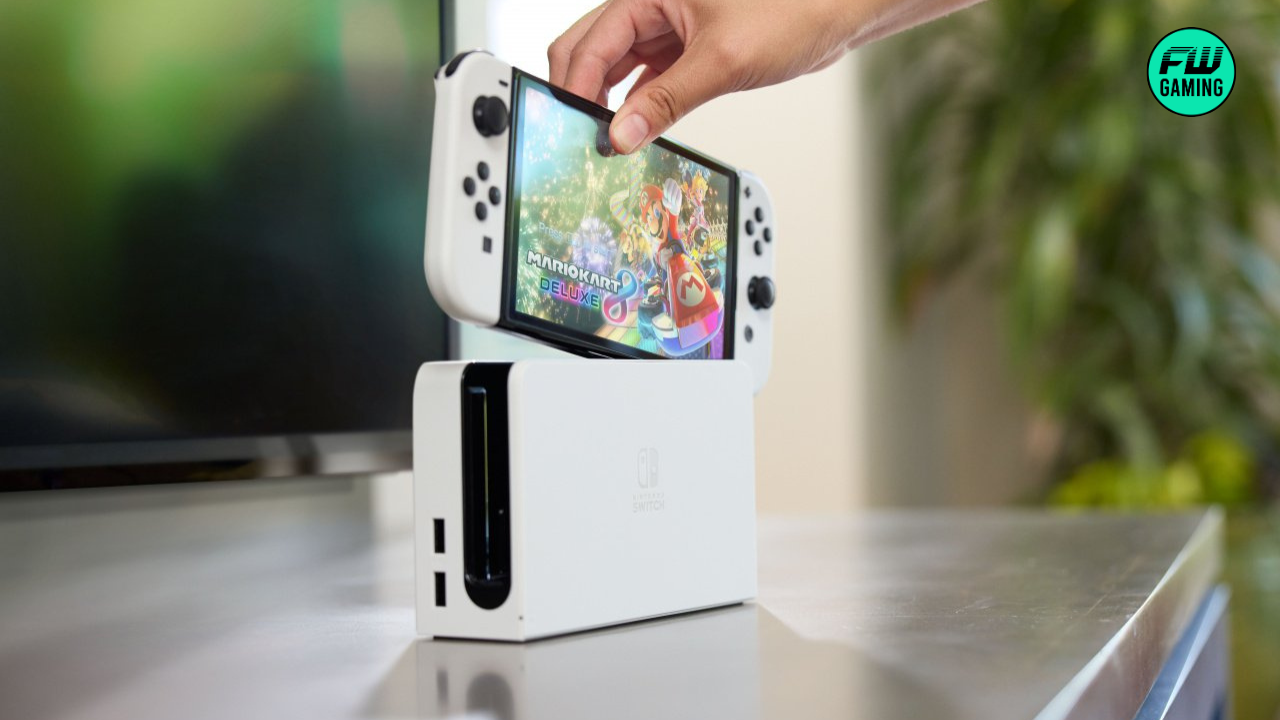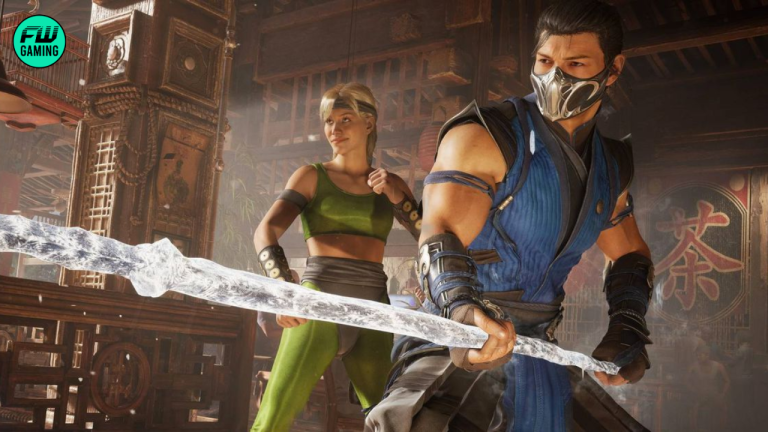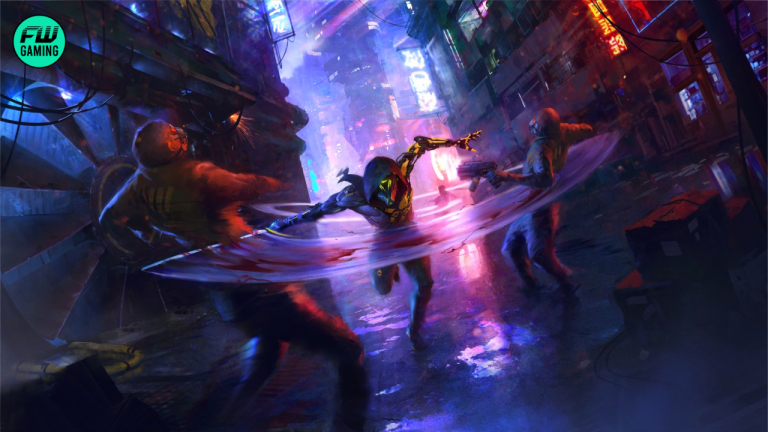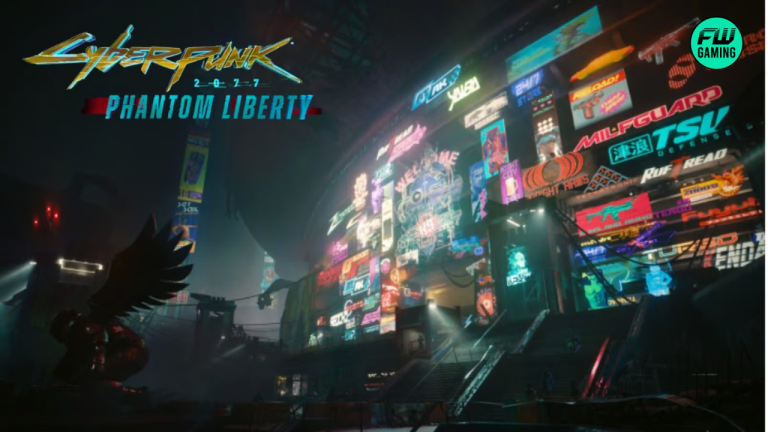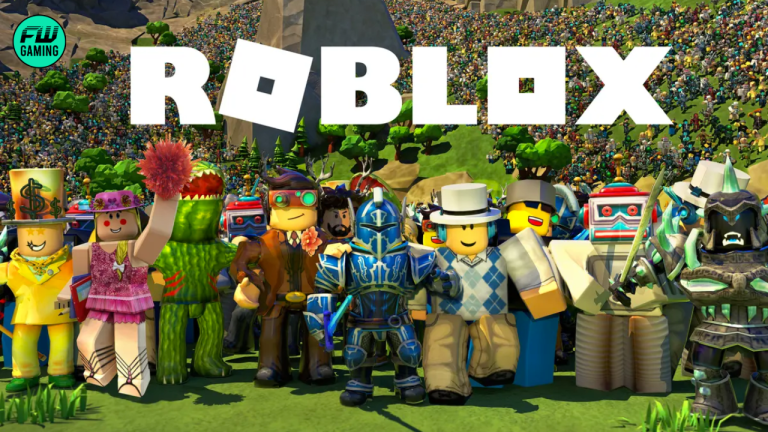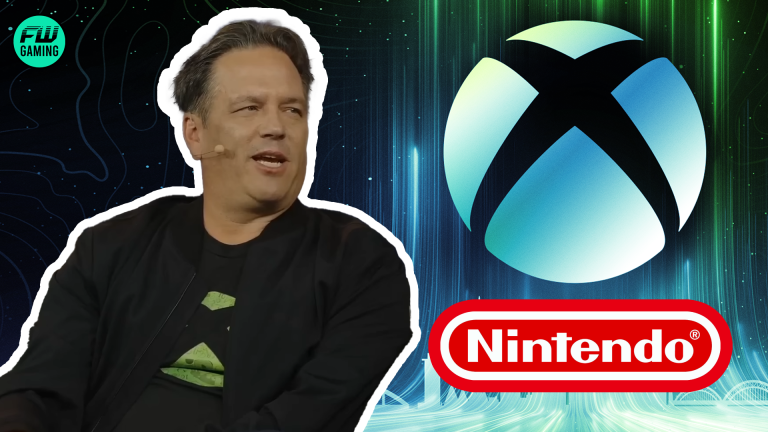According to a “Defendant’s Proposed Post-Trial Findings of Fact and Conclusions of Law” document submitted in the Federal Trade Commission case against Microsoft, the Nintendo Switch successor may be coming to consumers by the end of 2024. If you’re unfamiliar with the FTC case against Microsoft, the government agency has been trying to block the acquisition of Activision-Blizzard by the tech company. These efforts have only slightly delayed the multi-billion dollar deal, as the federal district court hearing the evidence recently overruled the preventative action.
SEE: Rumor: Nintendo’s Next Console Will Be Called Nintendo Switch Wonder
While the evidence spilling out from this case may be slowing down, there have still be major reveals. The document referenced above, cites a next-generation Nintendo Switch console, on page 87 starting at line 14. The entire document can be found at the bottom of this article, but the relevant information about the Switch is as follows:
“Second, Microsoft tracks Xbox’s performance against PlayStation not because those two consoles provide a complete competitive landscape, but rather because they were released at the same time. Switch was released three years earlier, and Nintendo is expected to release the successor to the Switch as early as next year, whereas PlayStation 5 and the Xbox Series XIS are at a different stage of the console life cycle. In addition, Microsoft CEO Satya Nadella testified that the chips for both the Xbox and PlayStation consoles are manufactured by the same designer, which created a “supply constraint”; Accordingly, Microsoft tracked PlayStation 5 sales in order to ensure that Xbox was getting its “fair share.” Third, what Microsoft tracks internally is irrelevant to the market definition question; what matters is how consumers view the substitutability of these gaming platforms.”
What Could the Future Look Like for a Next-Generation Nintendo Switch Successor?
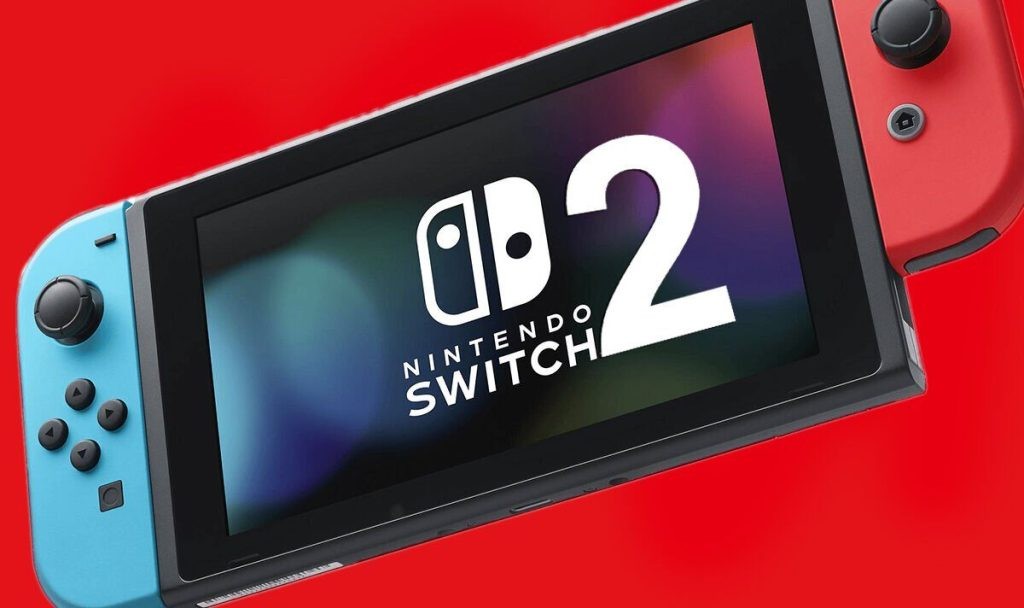
Although there has been some key information about the Switch to come out of the FTC documents, it is still very difficult to pin anything down. Nintendo, like Xbox, can be somewhat inconsistent with console names, so it’s probably best not to assume the next-gen model will be called the “Nintendo Switch 2.” The estimate of a 2024 release is also just a projection, and does not set anything in stone. Nevertheless, there are a couple pieces of information that may point to where the Nintendo Switch successor is headed.
The cited federal document not only references a 2024 date, on footnote 34 page 129, it says the following:
“In that time, the only apparent defects the FTC has identified is that Microsoft is not omniscient and has not developed the ability to tell the future. See Dkt. 1, at nn. 1-2 (citing standard contractual provisions about “Unanticipated and Unforeseeable Future Events” and Microsoft’s commitment to make Call of Duty available on an in-development Switch model.”
While there isn’t much to go on with this footnote, it does speak to the fact that Microsoft wants to bring Call of Duty to the Nintendo Switch. The Call of Duty franchise has brought billions of dollars to both Sony and Microsoft, so it would be unsurprising to see these titles land on the next-generation Switch.
SEE ALSO: Critically Acclaimed Batman: Arkham Trilogy Dropping on Nintendo Switch Soon
Another potential future for this next-gen Nintendo Switch, is it could have replaceable batteries. The European Union recently released a regulation requiring all handheld consoles, like the Switch and Steam Deck, to have these batteries by 2027. This is an EU environmental effort to promote sustainability and reduce total emissions. It is unclear exactly how this could impact the Switch or if regulations will change in the next four years, however, the market seems to indicate that Nintendo will adapt.
What do you think of the Nintendo Switch successor information? Are replaceable batteries a good idea for the environment and extending usage time?
Source: Federal Document and Eurogamer
Follow us for more entertainment coverage on Facebook, Twitter, Instagram, and YouTube.

